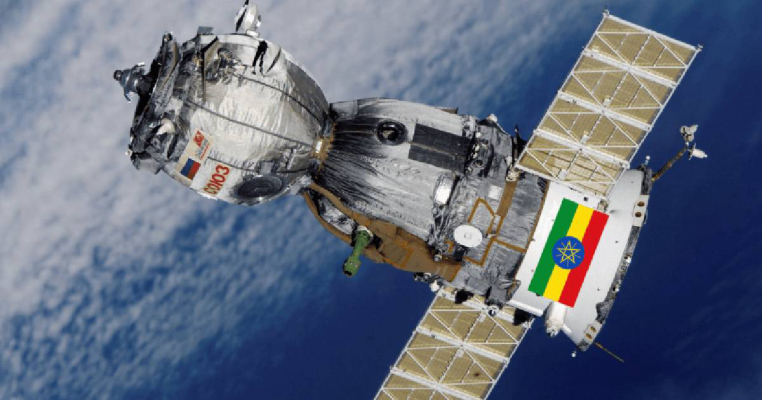China and Brazil also launched a jointly developed satellite to monitor Amazon rainforest on same rocket.
Ethiopia has launched its first satellite into space, as more sub-Saharan African nations strive to develop space programmes to advance their development goals and encourage scientific innovation.
Before dawn on Friday, senior officials and citizens gathered at the Entoto Observatory and Research Centre just north of the capital Addis Ababa to watch a live broadcast of the satellite’s launch from a space station in China.
“This will be a foundation for our historic journey to prosperity,” deputy Prime Minister Demeke Mekonnen said in a speech at the launch event broadcast on state television.
The satellite was designed by Chinese and Ethiopian engineers and the Chinese government paid about $6m of the more than $7m manufacturing costs, Solomon Belay, director-general of the Ethiopian Space Science and Technology Institute, told Reuters News Agency.
Another eight satellites were put into orbit by the same rocket, including an Earth observation satellite jointly developed by China and Brazil as part of a bilateral programme, which is seen as a template for broader cooperation among both countries as well as Russia, India and South Africa.
The China-Brazil Earth Resource Satellite-4A was launched on a Long March-4B rocket in the northern Chinese province of Shanxi, the official Xinhua news agency reported.
The satellite was the sixth developed based on the China-Brazil Earth Resources Satellite (CBERS) programme that began in 1988. The satellites are designed for Earth observation from orbit for non-military use.
The CBERS-4A will support the Brazilian government’s monitoring of the Amazon rainforest and changes in the country’s environment, according to Xinhua.
Brazil, Russia, India, China and South Africa – collectively known as BRICS – have been in talks on a framework agreement to create a constellation of satellites for Earth remote-sensing and share data obtained by each others’ satellites.
Each country will provide one to two satellites to the constellation, according to the China National Space Administration in 2018.
The CBERS satellites would be included in the constellation programme.
Currently, only South Africa in the BRICS bloc does not have satellites of its own.
More sub-Saharan African nations have been striving to develop space programmes to advance their development goals and encourage scientific innovation.
The African Union adopted a policy on African space development in 2017 and declared that space science and technology could advance economic progress and natural resource management on the continent.
“Space is food, space is job creation, a tool for technology … sovereignty, to reduce poverty, everything for Ethiopian to achieve universal and sustainable development,” said Belay.
Ethiopia’s wide-range, multi-spectral, remote-sensing microsatellite will be used for weather forecast and crop monitoring, officials said.













![Hotstar Premium Cookies 2019 [*100% Working & Daily Updated*] Hotstar Premium Cookies 2019 [*100% Working & Daily Updated*]](https://tahav.com/wp-content/uploads/2019/11/Hotstar-Premium-Cookies-Free-100x70.jpg)



